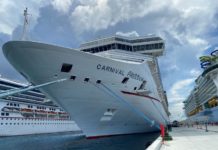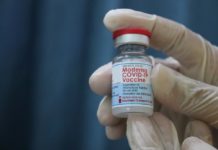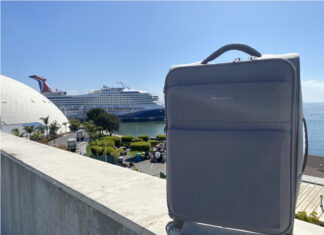With Celebrity Edge departing Port Everglades in Fort Lauderdale, the cruise industry marked an important milestone. After more than a year, cruising returned to the United States. Now other lines like Royal Caribbean and Carnival have also resumed sailing.
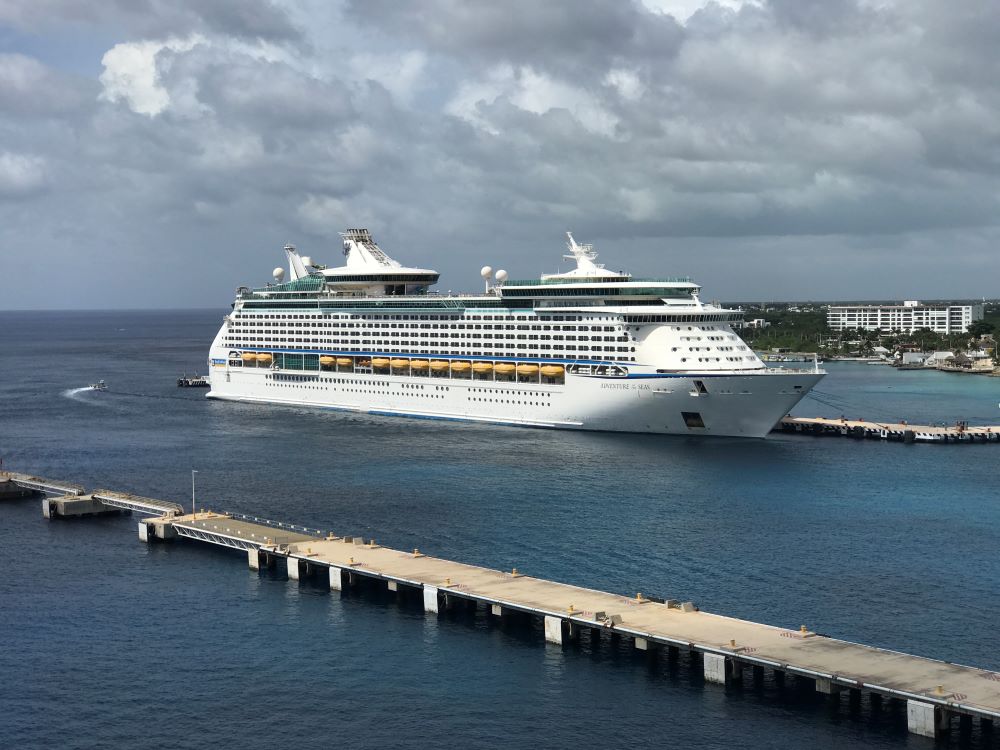
However, while this marks something to celebrate as the world looks past the health crisis, the cruise industry knows that there are still plenty of hurdles in the path to normalcy.
“I want to tell you that it’s going to be all blue skies and clear sailings ahead. I really want you to know that we understand exactly the guidelines that we will be operating will be in every circumstance,” Royal Caribbean Group CEO Richard Fain recently said.
“And I want to tell you that the CDC and other government agencies are totally transparent and aligned on their requirements. I want to say all that, but unfortunately, it isn’t true.”
In fact, there are several areas where there is still confusion for the cruise industry. And that’s on top of the pandemic that — while eased in the United States — is still a force to be reckoned with as new variants make headlines.
Here are the issues facing the industry now that could mean more turbulence as cruise ships return to sailing in the United States.
Positive Virus Cases (and Variants) on Cruise Ships
For the average person, nothing will get as much attention as positive virus cases found on cruise ships. Whether it’s fair or not, cruising is tied to the early days of the pandemic. With images of ships quarantined or denied port, many people associate the industry with the virus.
That’s led to immense media interest in any new potential cases on cruise ships. And that’s where the cruise lines face difficulty, due directly to their efforts to keep passengers safe. It’s a strange “Catch-22” that’s not seen elsewhere in the travel industry.
Take Las Vegas for example. Today you can go and visit without restrictions. There is no distancing in place, vaccine requirements, mask requirements, and no testing before or after entering a resort. You can hop from casino to casino, never wear a mask, and mix with people from all over the country.
That leads to scenes like this:
So what happens if someone gets the virus during a trip to Las Vegas? Not much. There won’t be any news stories about individual cases or testing of close contacts done by the hotel.
It’s not the same for cruise ships.
Right now, many ships require eligible passengers to be vaccinated. Crew are all vaccinated. If someone does sail without the shot, then they must be tested multiple times before boarding.
There are also health screenings before boarding. Have symptoms on the ship? Expect to be tested. If a test does come back positive, expect to be quarantined and have contact tracing performed.
All those rules and testing can help find and isolate cases before they become a bigger issue, but it also means that more cases are likely to be found. Combined with more transmissible variants and cruises sailing with few or no mask/distancing restrictions if most people (95%+) have the shot, and it could be a major hurdle.
So far we’ve seen passengers and crew on several ships return positive tests, including those who are vaccinated. For example, Disney Cruise Line said they had five vaccinated crew members test positive, according to Reuters. The crew members reportedly had tested negative multiple times before, and then tested negative again the day after the positive test.
Celebrity had a ship with two cases among vaccinated passengers. Royal Caribbean had two unvaccinated children test positive on one ship and crew members test positive on another.
Bottom line: Cases seem certain to be found on cruise ships, at least in part due to the stringent rules put in place to keep passengers healthy. These rules simply aren’t found in other places. That could be a major hurdle for public perception of the safety of cruising.
Vaccine Passport Laws
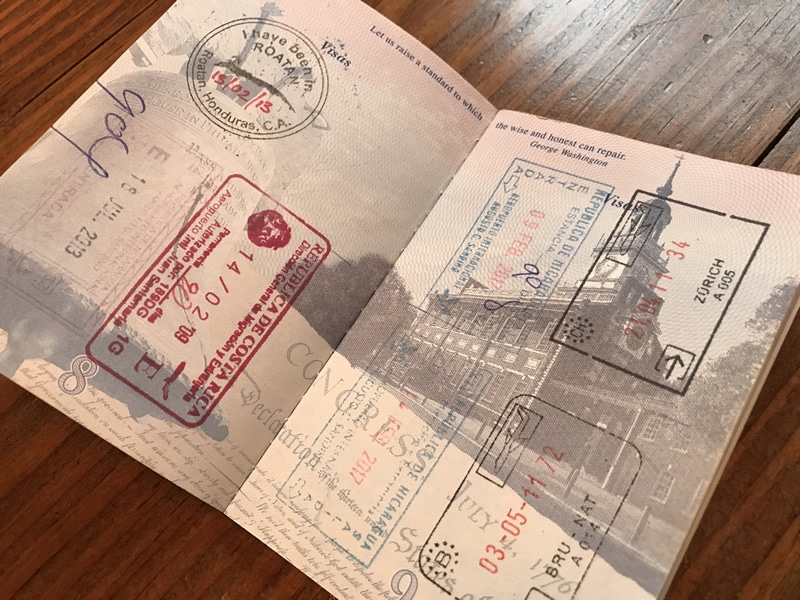
There’s little doubt that the safest way to cruise is with fully-vaccinated cruises. In fact, that’s what many cruise lines are electing to do. The three biggest lines of Carnival, Royal Caribbean, and Norwegian Cruise Line have all announced their return with a number of vaccinated sailings.
But that’s not the case for all voyages. For instance, Royal Caribbean’s sailings from Florida are open to all passengers, regardless of vaccination status. That’s because Florida — the biggest departure point in the world for cruises — does not allow businesses to require vaccination for service.
Texas has a similar law, however, it’s not clear if the potential penalties are enough to deter cruise lines from requiring the shot. So far both Royal Caribbean and Carnival say they will require proof of the shot to sail from Texas, except for a small handful of passengers ineligible for the shot. We personally sailed on Carnival from the state and were required to show our vaccination card.
What’s yet to be seen is if these laws result in fewer passengers sailing vaccinated and more cases tied to ships.
To be sure, lines like Royal Caribbean are not only strongly recommending the vaccine, but putting in incentives to sail with the shot. Those without the dose (but who are eligible), can expect to pay $140-180 for required testing. They also are required to have travel insurance.
Restricted areas are also in place on the ship. For instance, early sailings on Freedom of the Seas from Florida won’t allow unvaccinated passengers to play in the casino, eat in some restaurants, or get a spa treatment.
As Port Canaveral CEO Capt. John Murray recently described the experience, “If I’m going to get on a ship [unvaccinated], they’re going to charge me for testing. They’re going to charge me to make sure I don’t go into any areas that are reserved for vaccinated people. And bottom line, the cruise won’t be much fun, and it’s going to be more expensive.”
Judicial Rulings
Finally, there is the current legal battle between the state of Florida and federal officials.
Florida sued the CDC and others, arguing that cruises were being hampered by the stringent requirements that didn’t apply to other areas of the economy. After mediation stalled, a judge granted a preliminary injunction in favor of the state, stating that the CDC overstepped its authority.
Starting July 18, the CDC’s Conditional Sailing Order — the set of rules that governs the return of sailing — could no longer be in force. The order will only be considered recommendations when sailing from Florida. This could impact everything from the process of returning with simulated voyages to testing rules.
Of course, the legal process can be lengthy with a number of caveats, but even if the injunction is in place starting July 18, there’s no guarantee that things will change drastically. In many ways, the protocols laid out by the CDC are similar to those proposed by the cruise industry before the Conditional Sailing Order was in place. Further, it’s in the best interest of the cruise lines to have as few cases as possible on ships, meaning safety protocols are important.
“The indication I’m getting is that it’s not going to make that much of a difference and the cruise lines are going to continue to do what they need to do to get their operations started under whatever guidelines are in place at that time, and we’ll see,” said Murray during a recent Commission Meeting at his port.
Momentum Is Clear, But Hurdles Remain
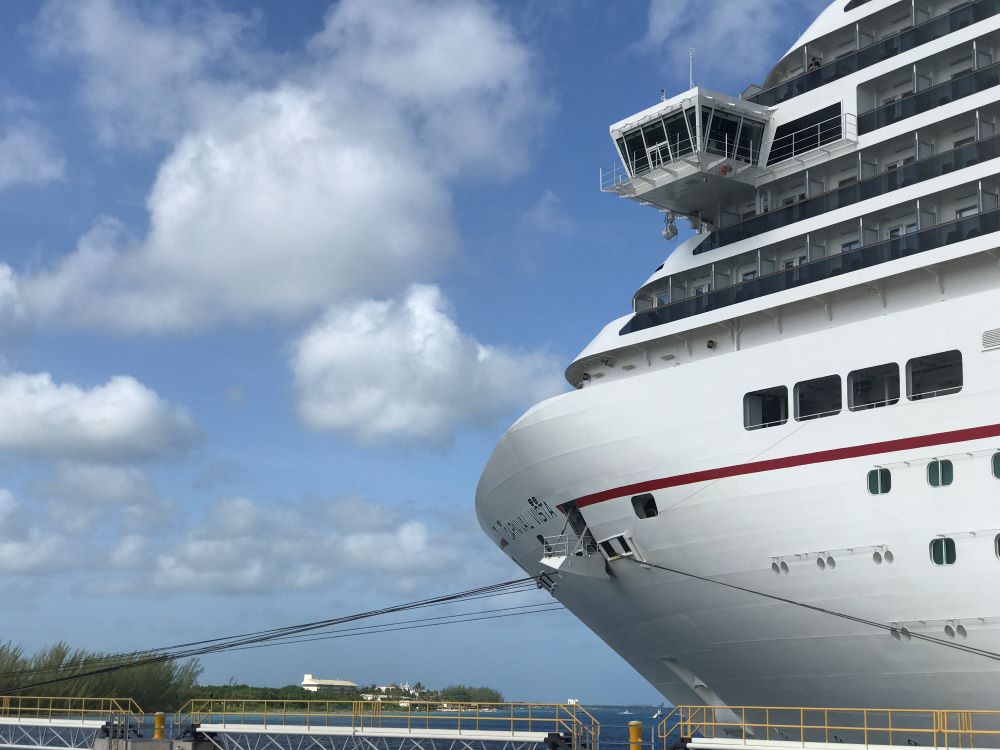
While the cruise industry is building momentum, there’s no arguing that there aren’t still hurdles to overcome. Industry leaders like Royal Caribbean’s Richard Fain readily admit that’s the case.
Trying to navigate a re-opening was already difficult. Now caught between virus cases, state governments, the federal government, and courtroom proceedings, it’s even more-so. As the weeks and months pass, we will no doubt have a better of how well cruise lines will overcome the hurdles. For now, however, it seems obvious that there will be bumps along the way.


